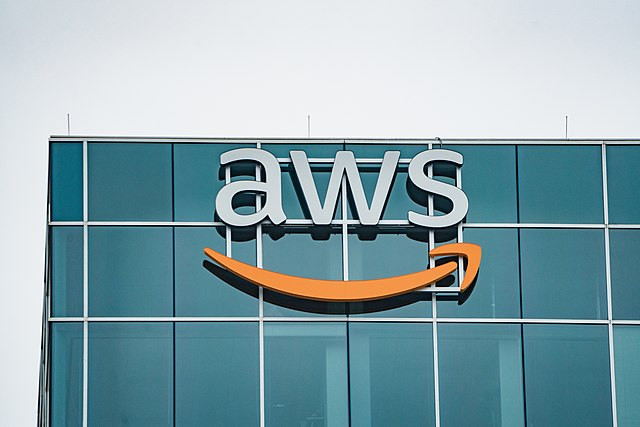A massive outage at Amazon Web Services (AWS) early Monday briefly paralyzed vast sections of the global internet, taking down major platforms including Reddit, Snapchat, Coinbase, United Airlines, and Roblox, while exposing the growing dependence of businesses and governments on a small handful of cloud providers.
The disruption began around 3 a.m. Eastern time, according to tracking site Downdetector, with millions of users reporting that banking, travel, entertainment, and communications platforms had suddenly gone dark. Amazon confirmed the outage stemmed from a technical failure affecting one of its Eastern U.S. data center regions, concentrated in Northern Virginia-the heart of its global cloud network.
By 5:30 a.m., the company said it had "fully mitigated" the underlying problem and that "most AWS service operations are succeeding normally now," though some customers might continue to experience throttled requests as engineers worked through the backlog. AWS later said it was "continuing to work towards full recovery for EC2 launch errors," referring to its Elastic Compute Cloud service that powers thousands of applications and websites.
"The underlying DNS issue has been fully mitigated," AWS stated on its status page, adding that its database product, Amazon DynamoDB, had experienced significant latency during the incident. The company confirmed that "most requests should now be succeeding."
At the height of the outage, more than 4 million reports of service disruptions were logged globally. In the U.S., users of Venmo, Lyft, Fortnite, PayPal, and The New York Times website were among those affected. Airlines including Delta and United reported check-in delays, while British banks such as Lloyds and Bank of Scotland and telecom providers Vodafone and BT also saw major disruptions, according to Downdetector's U.K. platform.
Junade Ali, a software engineer and Fellow at the Institution of Engineering and Technology, said the outage appeared tied to "one of the networking systems AWS uses to control a database product." He added that the issue was "resolvable centrally," suggesting full restoration could occur "over the coming hours."
AWS, the largest cloud-computing provider in the U.S., underpins an enormous share of the world's digital infrastructure-from banking apps and e-commerce sites to defense systems and hospital networks. Monday's outage was the most significant since last year's CrowdStrike malfunction, which crippled operations in hospitals, airports, and financial institutions across multiple continents.
The episode reignited debate about the risks of centralization in cloud computing. "When a single provider goes dark, critical services go offline with it," said Corinne Cath-Speth, head of digital at advocacy group Article 19. "Media outlets become inaccessible, secure communication apps like Signal stop functioning, and the infrastructure that serves our digital society crumbles."
Nishanth Sastry, Director of Research at the University of Surrey's Department of Computer Science, echoed those concerns, calling the outage "a wake-up call" for the overreliance on a few major players such as AWS, Microsoft Azure, and Google Cloud. "The main reason for this issue is that all these big companies have relied on just one service," he said.
While AWS denied any indication of a cyberattack, the widespread nature of the failure triggered speculation about potential security vulnerabilities. "When anything like this happens, the concern that it's a cyber incident is understandable," said Rafe Pilling, director of threat intelligence at cybersecurity firm Sophos. "AWS has a far-reaching and intricate footprint, so any issue can cause a major upset."
By midday, most platforms had restored access, but analysts said the disruption underscored the fragility of the internet's backbone and the domino effect that follows when one major node falters.





